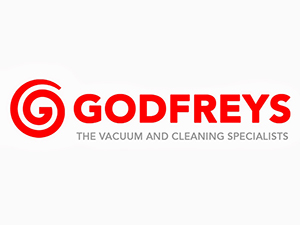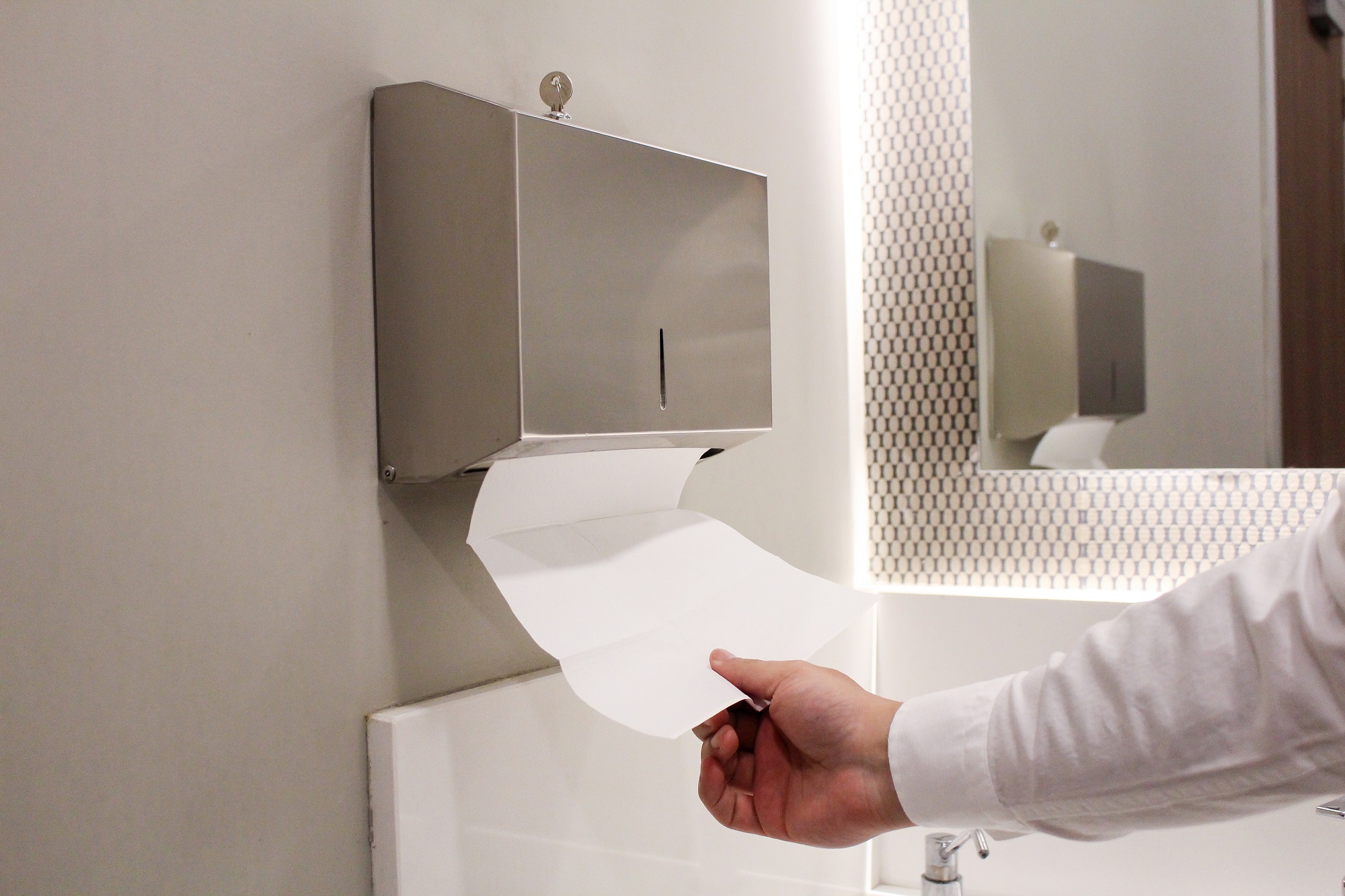
Accord Policy Director Craig Brock said 88 percent of its members acknowledged climate change posed risks, both current and future, to their operations.
However significant contrasts existed between company size and market segments and their willingness to take action, according to the three-quarters of Accord members who responded to the survey.
“Across all responders, company action on climate change was ranked a high priority by 49 percent and a medium priority by 21 percent,” Brock said. “Of the 28 percent who rated company action on climate change a low priority, 55 percent responding this way were from small companies with [fewer] than 20 employees.
He said 68 percent of businesses had some sort climate change strategy. However, large, overseas-headquartered and consumer goods firms were the most likely to have a strategy in place (94, 87 and 83 percent respectively) while small, Australian-headquartered and business-to-business hygiene product firms were the least likely (45, 41 and 42 percent respectively).
The survey found company size remained a major factor in determining how well a business can engage and respond to climate risks.
“Time pressures from daily business challenges combined with a lack of resources and internal expertise can obviously limit the ability of small, and medium enterprises to engage in climate action,” Brock said.
“Australia’s governments need to consider these realities when designing and implementing climate-related policy interventions. Any policy approaches that just layer on more climate-related red tape are therefore not going to be the answer.”
The survey addressed the main barriers companies faced that constrained their action on climate change. Across all responders the top three barriers were lack of internal expertise (37 percent), financial constraints (33 percent) and being time poor (32 percent). All three factors were rated as having even greater impacts on SMEs and Australian headquartered companies.
“In general, the hygiene, personal care and specialty products industry in Australia is not one of the nation’s more intensive users of energy,” Brock said. “The energy and carbon footprint of most businesses in our sector would be similar to retailing but also on a smaller scale.
“An exception is our raw material manufacturing businesses, which are significant users of energy and also can rely on gas as both an energy source and feedstock. It is no surprise that all responding raw material firms considered climate change to pose risks for their operations. Fifty-seven percent rate climate action a high priority and the remaining 43 per cent consider it a medium priority. Orderly but affordable transition of Australia’s electricity and gas markets to achieve net zero by 2050 remains essential for these raw material businesses.”
Brock highlighted the differences shown in climate action preparedness between overseas-headquartered and Australian-headquartered businesses.
“Seventy-seven percent of overseas headquartered companies stated they were making progress via climate action compared to 49 percent of those headquartered in Australia,” Brock said. “Past years of policy flip-flopping and indecision, due in part to partisan politicisation of the climate change issue in Australia, has generated much uncertainty for local businesses.
“Effective policies to reduce red tape and improve productivity across the board will therefore be essential for fostering positive action by businesses to tackle climate change.”
Photo by Anna Shvets.
Comment below to have your say on this story.
If you have a news story or tip-off, get in touch at editor@incleanmag.com.au
Sign up to INCLEAN’s newsletter.





